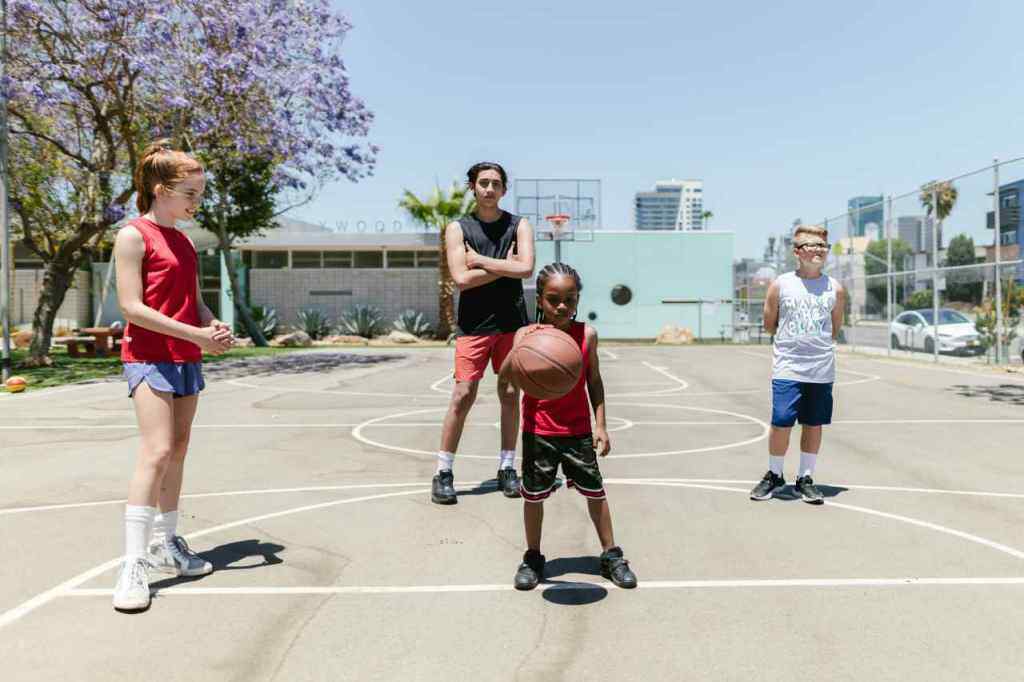International Sports Tribunal Bans Russian Phenom Kamila Valieva from Figure Skating Until 2025
A Doping Violation and Its Consequences
In a landmark decision that reverberated through the world of figure skating, the Court for Arbitration of Sport (CAS) in Switzerland concluded that Russian skating prodigy Kamila Valieva committed an anti-doping rule violation. The ruling, which has been met with mixed reactions, carries significant consequences for Valieva and the sport as a whole.
Following a thorough investigation, CAS determined that Valieva’s sample collected during the Russian National Championships in December 2021 contained trimetazidine, a banned substance. As a result, Valieva will be suspended from international competitions until December 2025. This decision effectively ends her skating career for the foreseeable future.
The CAS ruling also disqualifies Valieva from all competitions where she medaled from December 2021 onward, including the 2022 Winter Games in Beijing. This means that the results of those competitions will be revised, with medals being redistributed to the athletes who finished behind Valieva.
Long-Awaited Resolution and Justice for Clean Athletes
The CAS decision brings a long-awaited resolution to a doping scandal that has cast a shadow over figure skating for months. It also paves the way for the distribution of the remaining medals from the Winter Games, which had been withheld due to the pending case.
Travis Tygart, head of the U.S. Anti-Doping Agency (USADA), hailed the ruling as a victory for clean athletes and a step towards restoring integrity to the sport. He emphasized the need for continued vigilance to ensure that doping is eradicated from sports.
The World Anti-Doping Agency (WADA) echoed Tygart’s sentiments, calling for accountability among sports officials, doctors, and coaches in Russia. WADA stressed the importance of criminalizing the doping of minors and implementing stricter sanctions to deter future violations.
U.S. Team’s Triumph and Mixed Emotions
The CAS decision has brought mixed emotions for the U.S. figure skating team, which finished second to the Russian Olympic Committee (ROC) in the team skating competition at the Winter Games. With Valieva’s disqualification, the United States is now poised to receive the coveted gold medal.
Madison Hubbell, a member of the U.S. team, expressed relief and satisfaction at the ruling. She saw it as a victory for fair play and clean sport. Hubbell, who now works as a skating coach and is expecting her first child, finds bittersweet joy in the delayed recognition, sharing the moment with her daughter.
U.S. Olympic and Paralympic Committee head Sarah Hirshland hailed the decision as a significant win for American athletes and advocates of clean competition. She emphasized the importance of holding athletes accountable for their actions and ensuring a level playing field for all competitors.
Russia’s Ongoing Controversies and Doping Legacy
The Valieva case has once again brought to light Russia’s troubled history with doping in sports. This ruling comes shortly after CAS heard Russia’s appeal against its exclusion from the 2024 Summer Games in Paris, with a final decision yet to be issued.
Tygart emphasized the need for stricter enforcement of doping regulations to deter Russia’s persistent violations. He pointed to the systematic doping program that has been uncovered in Russia, which has compromised athletic programs, distorted international competitions, and endangered young athletes.
The Valieva case is a stark reminder of the ongoing challenges in the fight against doping in sports. It underscores the need for continued vigilance, collective action, and strong leadership to ensure that clean athletes are protected and the integrity of sport is upheld.
International Olympic Committee’s Restrictions on Russia
The International Olympic Committee (IOC) has taken a strong stance against Russia’s doping practices. In response to the country’s invasion of Ukraine, the IOC imposed restrictions on Russia’s participation in the 2024 Summer Games.
Russian athletes may participate as neutral athletes, without their national flag, anthem, or official uniforms. They will also not be allowed to compete under the name “Russia” or use the country’s colors.
The IOC’s decision stemmed from Russia’s forceful absorption of sports teams in occupied Ukrainian territories, including Donetsk, Kherson, Luhansk, and Zaporizhzhia. The IOC deemed this action a violation of the Olympic Charter, which prohibits political interference in sports.
Conclusion: A Step Towards Clean Sport and Accountability
The CAS ruling against Kamila Valieva sends a strong message against doping in sports, particularly among young athletes. It emphasizes the importance of accountability and justice for clean athletes who compete fairly.
The decision also highlights the need for continued vigilance and collective action to address the ongoing challenges of doping in sports. It is a step towards creating a level playing field for all athletes and ensuring the integrity of sport is upheld.
The world of sports must remain committed to promoting clean competition, protecting the rights of athletes, and holding those who violate the rules accountable. Only then can we truly achieve a world where sport is a force for good and a source of inspiration for all.
